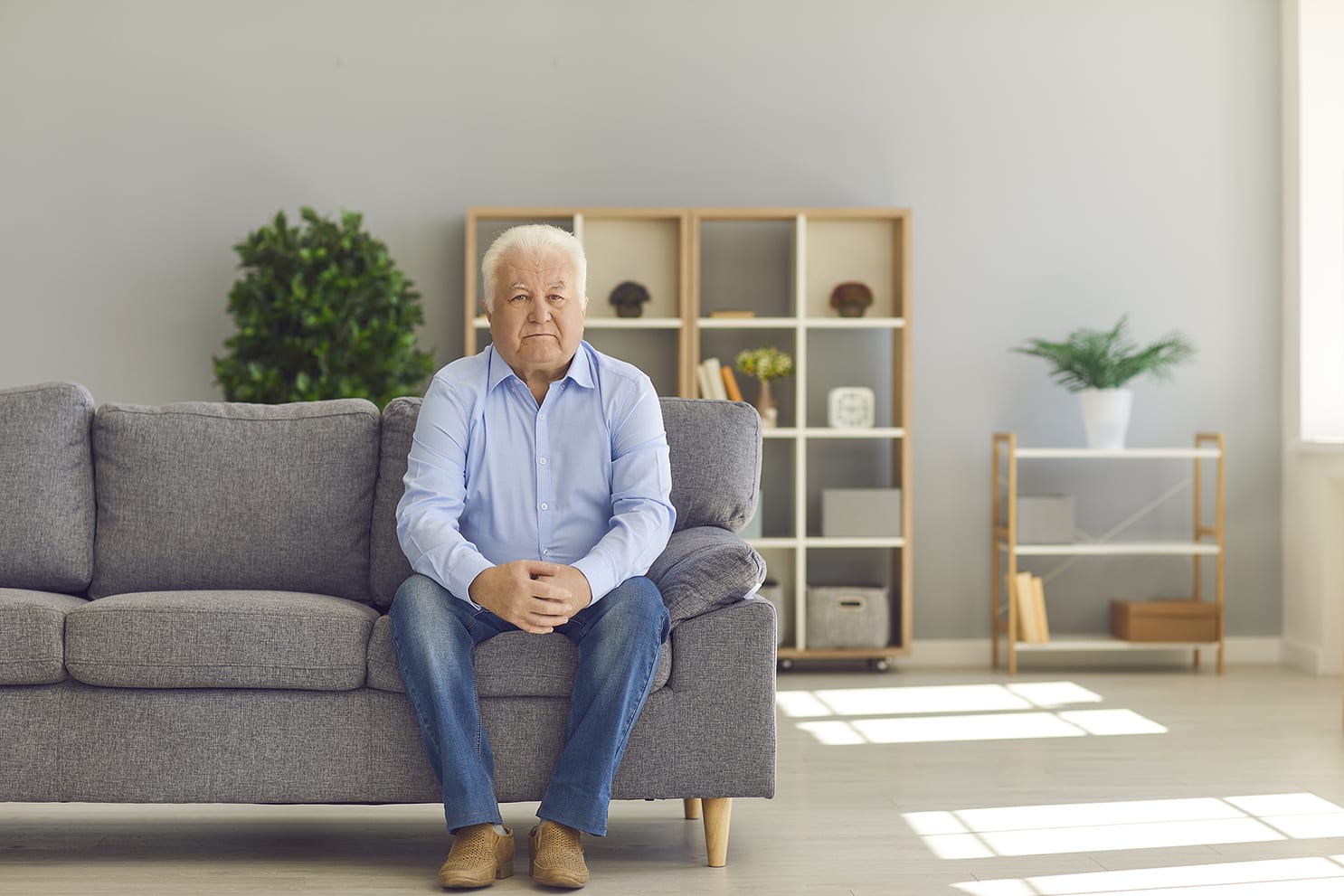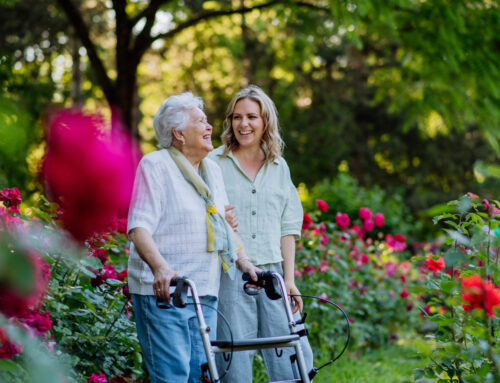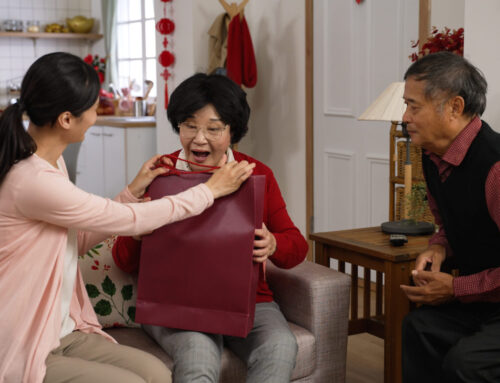Home safety should always be taken seriously, especially if our loved ones live with dementia or Alzheimer’s disease. Even the smallest things such as a rug or toy on the steps can easily cause injury or a life threatening fall. You can prevent dangerous and stressful situations like this by making sure your home is safe for seniors. And if you need more help to keep your loved ones safe, you can always consider memory care communities to provide further care.
Evaluating Your Home’s Safety
Before checking your home, you can start this process by assessing the abilities, behavior, and health of your loved one. Are they able to use the stairs? Have they fallen before? Does he/she have a habit of wandering at night? The next step is to check through the rooms of your home for potential hazards and look for ways to make the area safer.
Bathroom Safety Tips
- Make sure there is a shower chair and grab bars along the toilet, bathtub, and shower.
- Place non-skid mats or strips in the shower and bathtub. It’s also a good idea to do this in front of the toilet and sink.
- Using a foam rubber faucet may help to prevent serious injuries.
- Take away electrical appliances and hazardous products and place childproof latches on drawers and cabinets.
- Consider removing any door locks to prevent your loved ones from accidentally locking themselves in.
Kitchen Safety Tips
- Remove any artificial vegetables or fruits and food-shaped magnets.
- The stove should have safety knobs to prevent your loved one from accidentally turning on the stove.
- Lock away any dangerous supplies or breakable items.
- Drawers and cabinets should have childproof latches to limit access to alcohol, cleaning products, knives, plastic bags, and scissors.
- The garbage disposal should be disconnected along with other potentially dangerous appliances.
Bedroom safety tips
- Keep a monitoring device that will allow you to hear the person with Alzheimer’s, in case they’re in need of help.
- If your loved one often gets up at night to use the bathroom, make sure that they do so before they go to bed.
- Try not to use portable heaters in their bedroom, and when using heating pads or electric blankets, make sure the controls are out of reach.
Living room safety tips
- Avoid clutter and recycle magazines and newspapers.
- Keep floors clear from small objects and cords.
- Trim or remove plants that may be in the way.
- Place decals on glasses and mark glass doors at eye level to help your loved one see the panels.
- Do not leave a person with Alzheimer’s alone with open fire and be cautious of using fireplaces.
Laundry room safety tips
- Install childproof latches to prevent access to potentially hazardous supplies and cabinets.
- Consider keeping the laundry room door locked.
- If the person tampers with the machinery, consider removing the large knobs.
Garage and basement safety tips
- Install childproof latches on the shed or cabinets where you keep tools.
- Keep machines, paint, sporting equipment, gas, fertilizer, cleaning supplies, or other toxic materials out of reach.
- Keep all vehicles locked and cover vehicles that aren’t frequently used.
- Remove all weapons and guns from your home.
- Make sure that the person with Alzheimer’s is able to come in and out of the home whenever necessary.
By keeping your home safe from hazards and potentially dangerous objects, your loved ones will be able to live without you having to constantly worry if they are safe. By following the instructions outlined above, you can rest easy knowing that your elderly family members can move around the home, even if they have Alzheimer’s. At Tapestry Senior Living, you can find out more about how you can keep your elderly family members safe, whether or not you’re at home with them. To learn more about how we can serve your loved ones, read our article on “A Family Guide to Funding Senior Care & Housing”.







